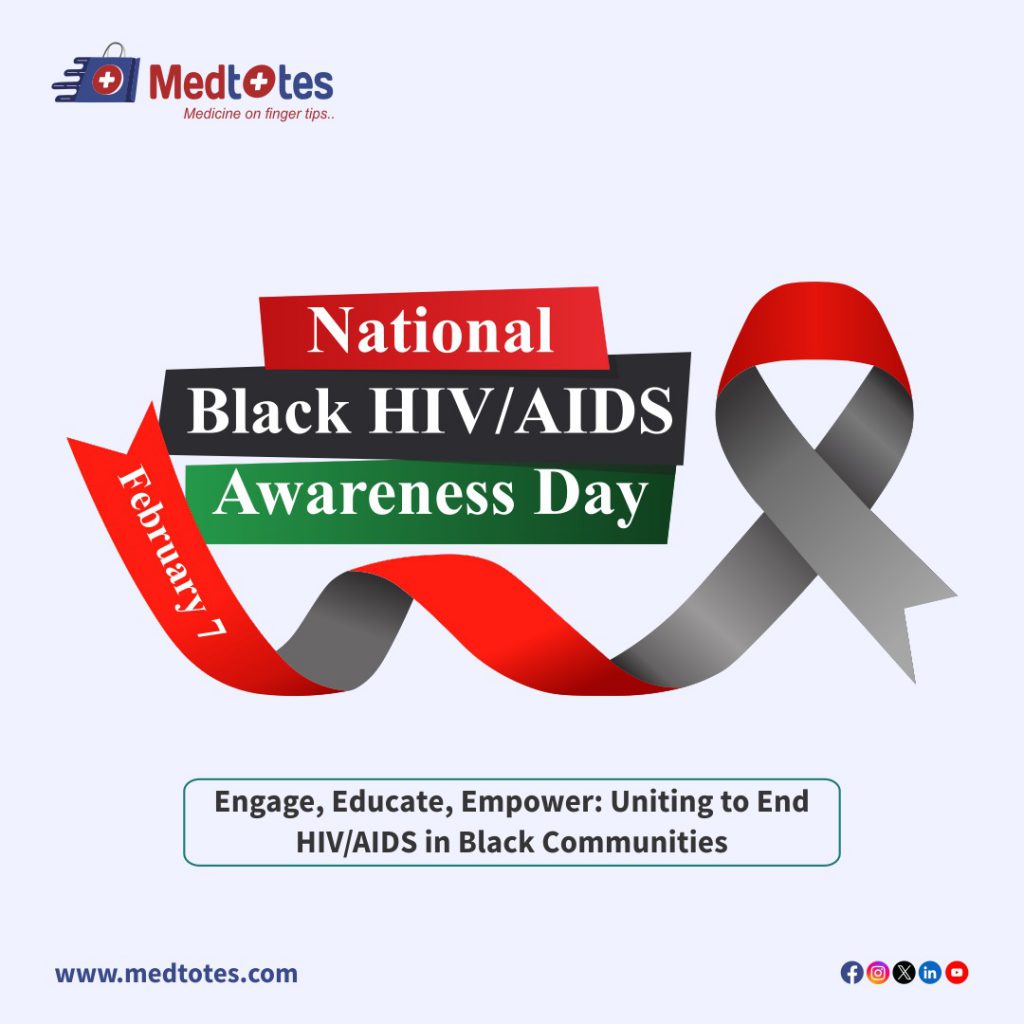I. Introduction:
National Black HIV/AIDS Awareness Day is an important day that brings attention to the disproportionate impact of HIV/AIDS on the Black community. It serves as a reminder that we must come together to combat this epidemic and support those affected. By raising awareness, promoting testing and prevention, and advocating for equitable access to healthcare, we can make a difference in the lives of Black individuals impacted by HIV/AIDS.

II. Understanding
HIV/AIDS has a significant impact on the Black community due to socioeconomic factors like poverty, limited healthcare access, and systemic racism. Addressing these issues and promoting social and economic equality can reduce HIV transmission and improve health outcomes. Education on safe sex practices and regular testing is crucial. Addressing stigma and discrimination within the Black community can create safe spaces and encourage individuals to seek treatment. Implementing policies that prioritize affordable healthcare and access to medications can significantly improve health outcomes and reduce the epidemic’s impact on the Black community.
III. PREVENTION’S
- Promoting regular HIV testing and encouraging early diagnosis can help individuals access timely treatment and prevent further transmission of the virus.
- Implementing harm reduction strategies, such as needle exchange programs and access to clean injection equipment, can effectively reduce the spread of HIV among individuals who use drugs.
- Increasing access to and availability of pre-exposure prophylaxis (PrEP), a medication that can prevent HIV infection, can be crucial in reducing new HIV cases among high-risk populations, including black individuals.
- Encouraging and supporting the use of condoms and other barrier methods during sexual activity can significantly reduce the risk of HIV transmission.
- Engaging community leaders, organizations, and healthcare providers in HIV prevention efforts can help create a supportive and inclusive environment where individuals feel comfortable seeking information, resources, and support.
IV.Treatment Options
- Discuss the availability and effectiveness of antiretroviral therapy (ART) for individuals living with HIV/AIDS.
- Highlight the importance of early diagnosis and access to treatment for improved health outcomes.
- Address the importance of adherence to treatment regimens and regular medical check-ups.
- Promote awareness of pre-exposure prophylaxis (PrEP) as a preventive measure for high-risk individuals.
- Discuss the role of mental health support and counseling in managing HIV/AIDS.
V. Importance of Educating Individuals
By educating individuals, we can eradicate the spread of HIV/AIDS and ensure a healthier future for all. Through education, individuals can learn about the importance of practicing safe sex, getting tested regularly, and understanding the risks associated with HIV/AIDS. By promoting awareness of HIV/AIDS prevention methods, such as condom use and needle exchange programs, we can empower individuals to make informed decisions and reduce the transmission of the virus. Additionally, educating individuals about the stigma and discrimination faced by those living with HIV/AIDS can help foster a more inclusive and supportive society. Ultimately, education is key to breaking the cycle of HIV/AIDS and creating a world free from the burden of this disease.IV. Importance of Educating Individuals tab
VI. Conclusion
The fight against HIV/AIDS necessitates a multifaceted approach, including education, prevention, treatment, and community support. Implementing sex education programs, promoting treatment adherence, and encouraging regular medical check-ups can reduce the virus’s spread. Raising awareness about PrEP and providing mental health support are crucial for managing the psychological and emotional aspects of living with HIV/AIDS.
Download our app: https://bit.ly/3tkQkFy
